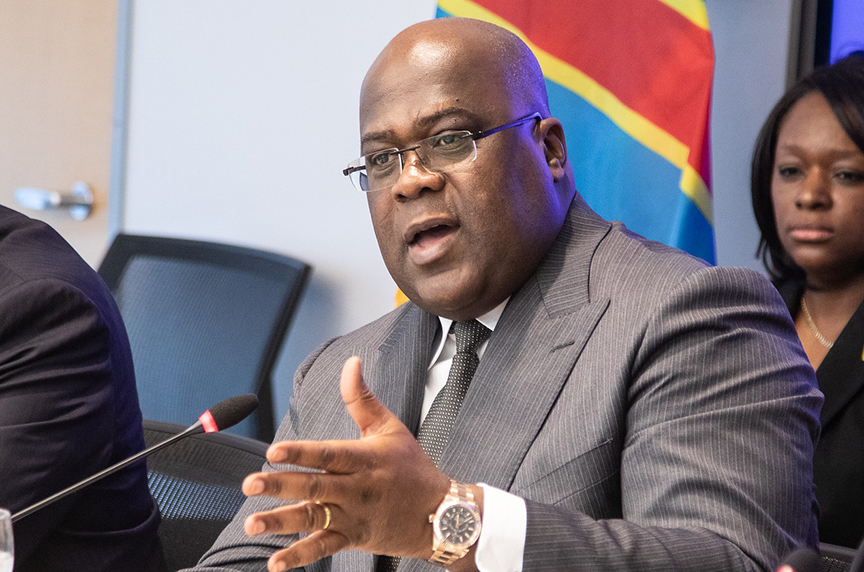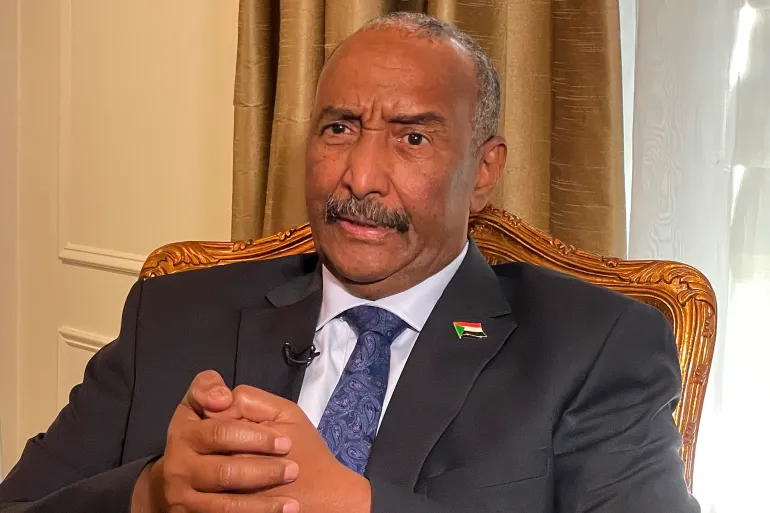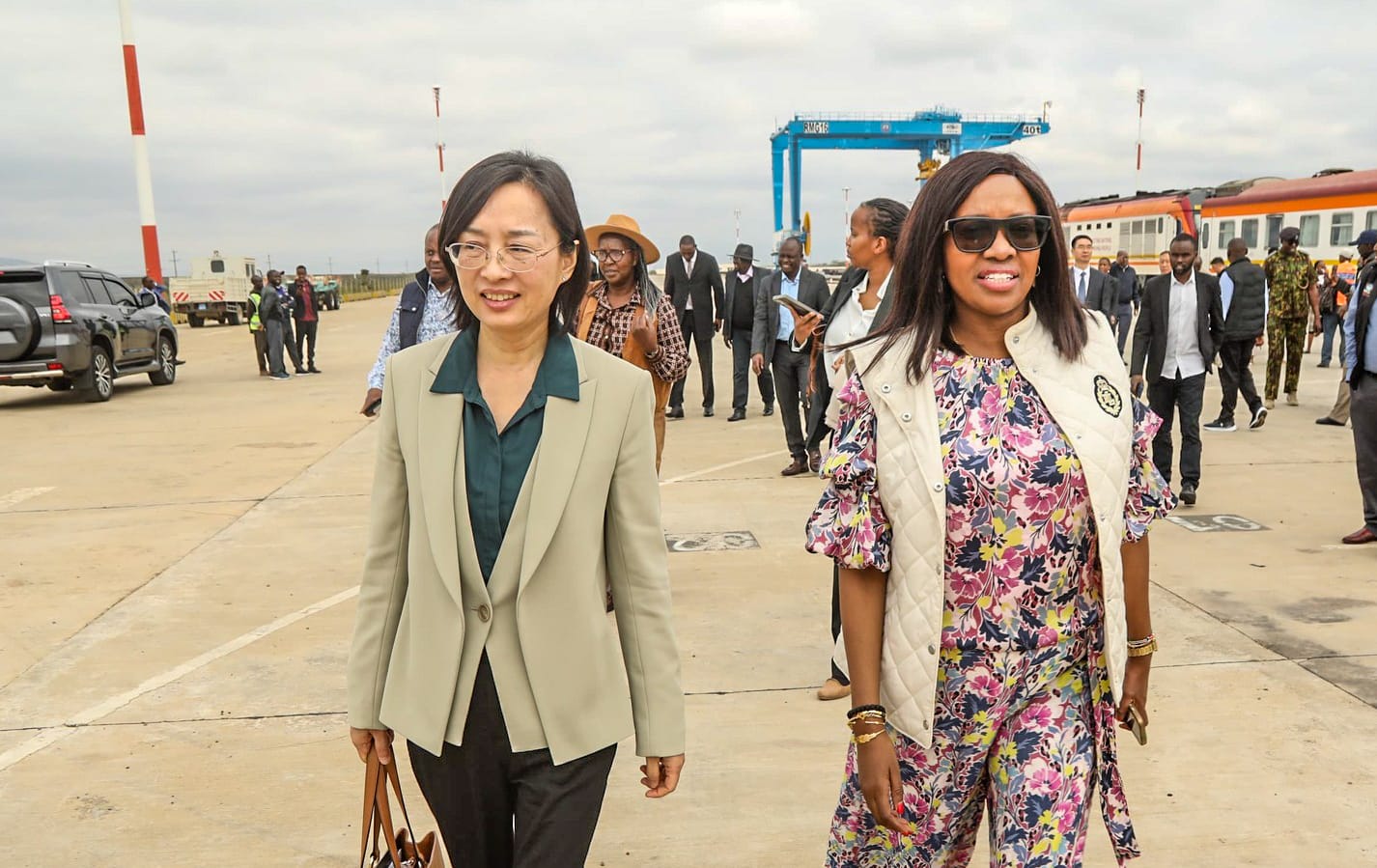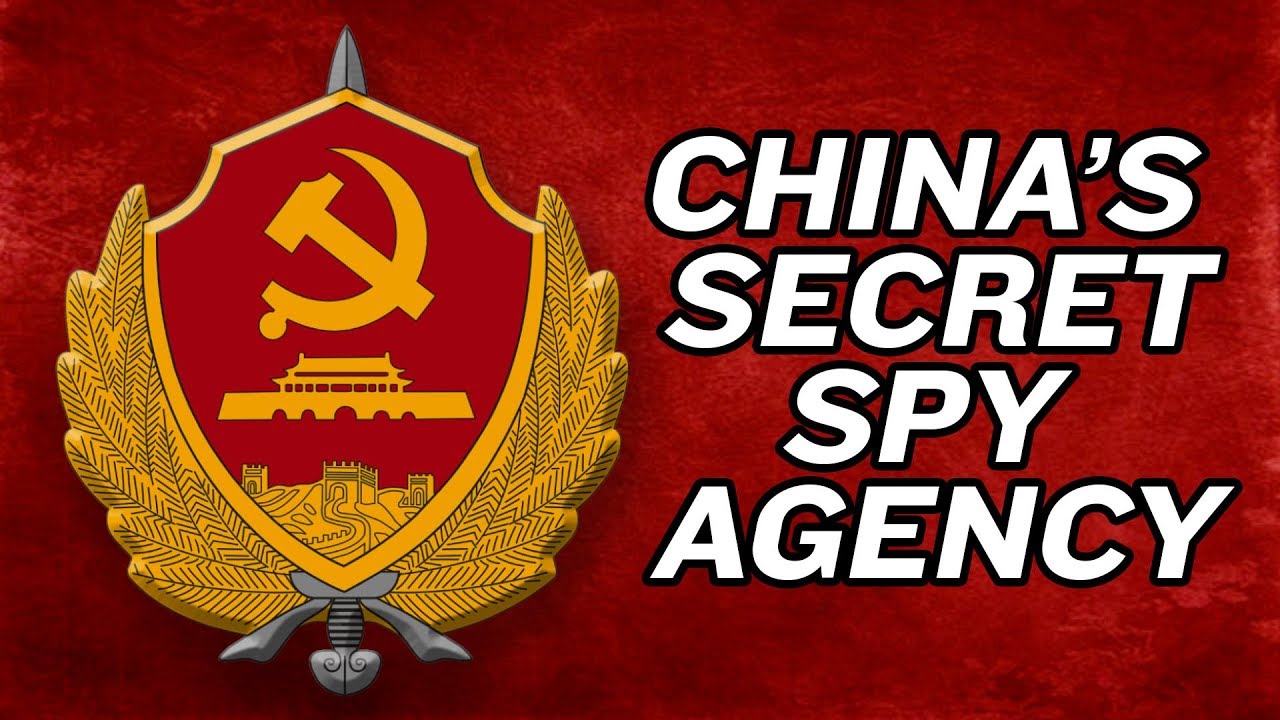Kinshasa’s rejection of Nairobi’s envoy deepens East African rifts and exposes Ruto’s foreign policy troubles
TWV Diplomatic Desk
Kenya’s reputation as a regional peace broker is being closely examined under President William Ruto’s administration, as several diplomatic disagreements appear to challenge both its influence in East Africa and its ambitions on the continental stage.
The latest flashpoint erupted last week when the Democratic Republic of Congo (DRC) flatly rejected President Ruto’s nominees for Consul-General in Goma and Deputy Head of Mission in Kinshasa. Kinshasa accused Nairobi of violating international protocol by announcing the names before seeking prior consent, a move seen as disrespectful and premature.
Beneath the procedural aspects lies a deeper issue. DRC President Félix Tshisekedi argues that placing a Kenyan diplomat in Goma, an area partially under the control of the M23 rebel group, could be seen as legitimising the insurgents. Nairobi maintains that its envoys were still under parliamentary vetting and considers DRC’s response premature.
This is not an isolated incident. In July, Kenya and Tanzania disagreed after President Samia Suluhu’s administration restricted foreigners from operating in small and medium-sized businesses, which impacted Kenyans involved in the cross-border informal economy. Nairobi’s suggested retaliation has not yet occurred, but some signs of reduced regional trust are apparent.
Together, DRC and Tanzania, both also members of the Southern African Development Community (SADC), have demonstrated a willingness to act in concert against Kenya’s interests. Their united front was most visible in February when SADC countries abandoned Nairobi’s costly campaign for Raila Odinga to chair the African Union Commission, instead rallying behind Madagascar’s candidate Richard Randriamandrato.
Kenya and DRC have a history of fraught relations. From Nairobi hosting the launch of the Congo River Alliance, featuring M23 rebel leaders, to disputes over the mandate of the EAC Regional Force, mistrust has never been far from the surface. The Ruto–Tshisekedi rivalry over whether regional troops should wage war against rebels or merely police a ceasefire remains unresolved.
Complicating matters further is the shadow of gold smuggling. Kinshasa has repeatedly accused Nairobi of enabling illicit trade networks that funnel Congolese gold through Kenya, often involving politically connected dealers. A global report released last year placed Nairobi at the epicentre of fraudulent transactions worth billions, while Congolese miners at the source of the trade continue to suffer in abject poverty.
Taken together, these crises paint a troubling picture. Kenya, once courted as the anchor of East African stability, now risks alienating neighbours who increasingly see Nairobi as a self-interested player. With EAC cohesion fraying, SADC showing solidarity against Kenya, and trade interests on the line, the Ruto administration faces a stark diplomatic reckoning.
The question lingering across the region is no longer whether Kenya can lead, but whether it can even keep its friends.





